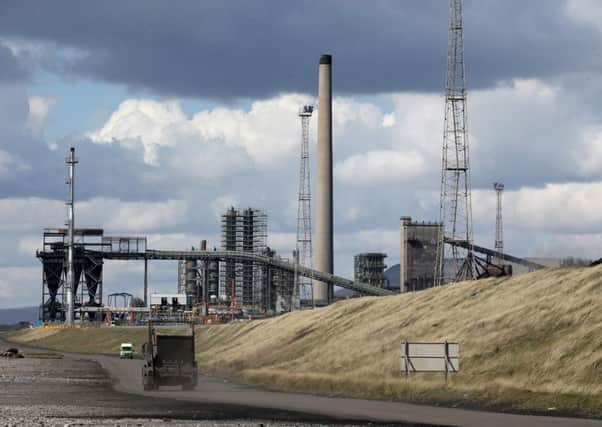Leader comment: For Tories, steel crisis about more than jobs


If the British steel industry being put up for sale is a crisis for the 15,000 people employed, it is a potential catastrophe for the Conservative government.
That scale of job losses alone poses a huge challenge to ministers, but an even bigger problem looms for them in the implications for the EU referendum.
Advertisement
Hide AdAdvertisement
Hide AdThe Tories face a huge political dilemma – go against all their natural instincts and try to save steelmaking, or risk taking the blame for creating the mess in the first place?
They are free marketeers to their core and their actions so far may have only made things worse for steel makers like Tata.
The firm has said the dumping of Chinese steel in Europe is at the heart of its problems, such imports more than doubling over the past three years. That in turn has sent steel prices tumbling to half what they were five years ago.
The situation has been exacerbated by countries elsewhere imposing significant tariffs on imports, including 236 per cent in the United States.
This has come as a further burden on an industry which has never recovered from a drop in demand caused by the financial crisis in 2008. It has also been weighed down by increases in energy costs, business rates and other taxes.
Despite this, it was the UK government which opposed a move which would have enabled the EU to increase its own tariffs from the current 9 per cent, and stem the imports.
That stance led to plans to scrap the “lesser duty rule”, so tariffs could be raised, being shelved. Business Secretary Sajid Javid justified that on the higher costs that would be passed on to companies buying steel, hurting even more of British industry.
The UK government has subsequently said it does back higher tariffs, but not by abolishing the “lesser duty rule”. However, there are doubts whether the Conservatives would have introduced higher tariffs had the UK been outside the EU.
Advertisement
Hide AdAdvertisement
Hide AdHowever, to complicate matters, now that the damage has been done to Tata, the government has little room for movement in trying to bail out steel plants if it is to avoid breaking EU laws on state subsidies.
That could create a major difficulty for Prime Minister David Cameron in the run up to the 23 June vote, with anti-Europe campaigners desperate to paint the EU as the bad guy.
If they manage to pin the meltdown of the UK steel industry on inflexible EU rules, that could have a massive impact on Brexit.
Mr Cameron says the government is “doing everything it can”, and he must realise the enormous scale of what’s at stake.
Underlining the seriousness that voters attach to the crisis, a Labour petition for the recall of Parliament has attracted more than 100,000 signatures in less than 24 hours.
The focus must be on minimising the impact of any closures and job losses. If the government is to step in, it absolutely must be for the short term. The Prime Minister cannot let this become the issue on which our future in Europe depends.